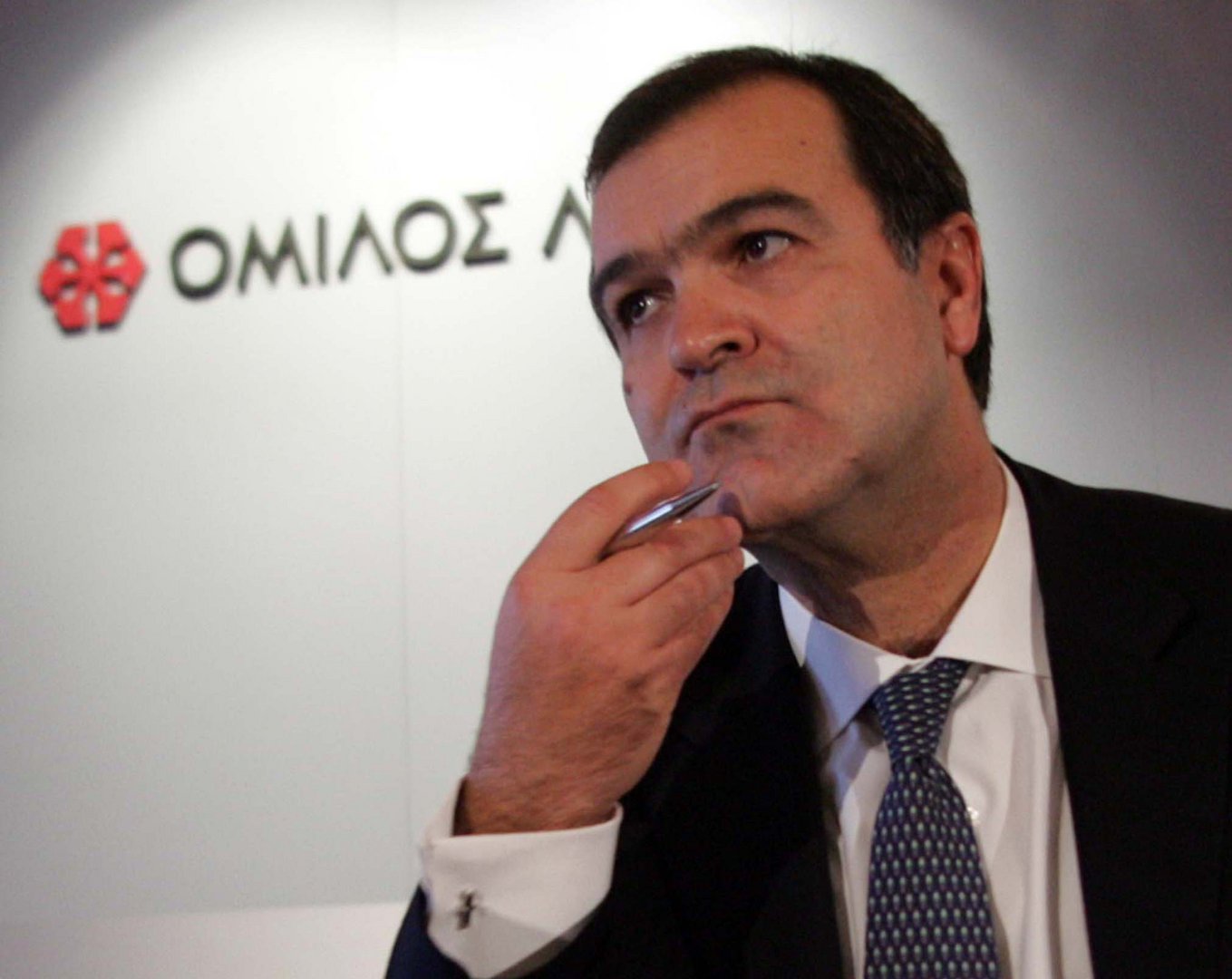The government quite understandably is concerned about the efforts of the US-based, Lone Star private equity firm to take over the Bank of Cyprus and sees this as a threat to the economy. Having the country’s systemic bank, which has the biggest share of the local banking sector – at about 45 per cent – coming under the control of an investor that specialises in making money from distressed assets, is not a prospect any finance ministry would relish.
We still remember what happened the last time a systemic Cyprus bank, Laiki, was taken over by a foreign investor. Six years after the 2006 takeover it was in effect bankrupt and had to be bailed out by the Cypriot taxpayer with the injection of some €2 billion. Less than a year later, it went into administration, causing customers to lose all deposits above €100,000 and forcing the state to enter an assistance programme and pushing the economy into a deep recession.
The rogue Greek banker, the late Andreas Vgenopoulos, met no opposition from anyone when he was brought to Cyprus in 2006 by Laiki’s executive chairman, who was in dispute with the bank’s main shareholders. On the contrary, the media welcomed him as some kind of banking messiah, praising his plans to build a “banking colossus.” The bank employees union Etyk did the same, while the corrupt central bank governor laid out the red carpet for him. Cyprus had not yet joined the euro zone, so the European Central Bank had no say in the takeover.
His biggest coup was that he persuaded Laiki’s shareholders to exchange the grossly over-valued shares of his Greek banks, Marfin and Egnatia, with Laiki’s undervalued shares on a one for one basis. Once Vgenopoulos had persuaded the bank’s main shareholders to accept the deal, the takeover was complete. He subsequently used Laiki funds to prop up his failing banks in Greece until the insolvent Laiki needed to be recapitalised by the Republic in order to stay afloat.
After such a disastrous experience, the Cyprus authorities have every reason to be ultra-wary of a potential takeover of the biggest bank by a private equity firm primarily interested in a quick return on its investment, regardless of the consequences for the local economy. Admittedly, the Bank of Cyprus was recapitalised in 2014 thanks to foreign investors, led by American billionaire Wilbur Ross, who became commerce secretary in the Donald Trump administration, to the tune of €400 million. It was thanks to these funds that the bank was eventually placed on a sound footing.
Yet now, the Bank of Cyprus is not in need of investment and its prospects are good, as its steadily improving credit rating by the ratings agencies seems to suggest. Next year the bank’s board said there would also be a return to dividend distributions. In an announcement the board issued after the report about Lone Star’s three informal takeover proposals it said it “is confident in the company’s future prospects and remains committed to delivering a strategy of becoming a stronger, safer and more focused institution capable of further supporting the recovery of the Cypriot economy”.
This is the board’s view, but nobody can predict how the shareholders would respond to a new offer from Lone Star, which had an interest in making its approach public. Once the rejected takeover proposals became public knowledge, stock exchange regulations allow it to address the bank’s shareholders directly. If a new, improved proposal is made, the board could come under pressure from dividend-deprived shareholders to accept it. The board’s argument that “the proposal from Lone Star does not adequately address the complexities of completing a transaction to acquire the Bank of Cyprus, given its strategic importance to Cyprus,” is unlikely to wash with shareholders.
The government, however, does recognise the bank’s strategic importance to the Cyprus economy and has already prepared a draft law, which would give it the legal power to block the takeover. The law, which has been in force in most EU member states since 2019 and aims to prevent foreign investment in business and organisations considered vital to a country’s national interests, should be approved by the legislature in the next few weeks.
If it is not, the European Central Bank’s SSM (Single Supervisory Mechanism) could also stop the deal as its approval would be needed for the takeover of a systemic bank of the euro zone. This was a safeguard that did not exist back in 2006, when Vgenopoulos was given licence by a corrupt system to plunder Laiki and wreak havoc on the economy.
We hope the opposition parties will pass the bill by early September, to allow the government to have a direct say over a possible takeover bid, which could win the support of the shareholders. Cyprus really cannot afford its systemic bank falling into the hands of a private equity firm, which has a quick return on its investment as its only objective.







Click here to change your cookie preferences